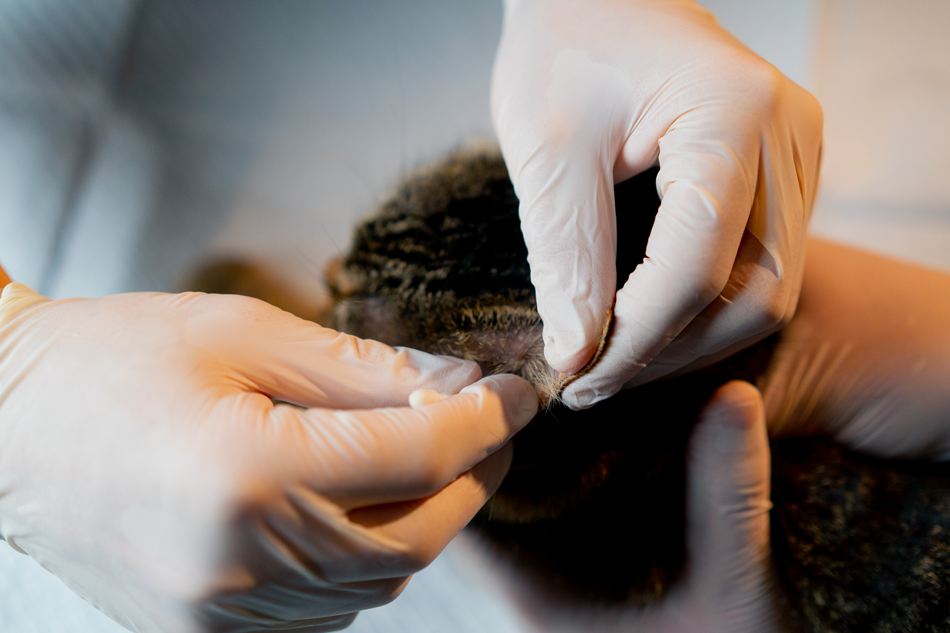Hair Transplantation
What is a Hair Transplant in Thailand?
A hair transplant is a procedure that uses medical techniques to move hair follicles from areas with dense hair to areas with thin or no hair at all. This method helps those suffering from hair loss or thinning hair to return to natural-looking hair and increase their self-confidence.

Advantages of Hair Transplantation in Thailand
- Natural-Looking Results: Hair transplant procedures in Thailand provide natural-looking hair, making you look younger and more confident.
- Safe and Effective: Widely accepted internationally, hair transplant clinics in Thailand adhere to strict safety standards.
- Cost-Effective: Compared to many countries, hair transplant Thailand prices are more affordable while maintaining high-quality outcomes.
Why Choose a Hair Transplant in Thailand?
- Regain Confidence: Achieve dense, natural-looking hair that boosts self-esteem.
- Address Hair Loss Problems: Suitable for hereditary hair loss, scars from surgery or accidents, or individuals with high foreheads.
- Long-Lasting Results: Most transplanted hair will last a lifetime.
- Diverse Techniques Available: Thailand offers various techniques, such as:
- FUE (Follicular Unit Extraction): Options include Shaven FUE, Unshaven FUE, and Long-Hair FUE.
- FUT (Follicular Unit Transplantation): A method that suits different individual needs.
Popular Hair Transplant Techniques in Thailand
Hair transplants can be done in many ways. Popular hair transplant techniques are:
- FUE (Follicular Unit Extraction): Individual hair follicles are extracted and transplanted into thinning areas. This minimally invasive technique is widely used in Thailand for its natural results.
- FUT (Follicular Unit Transplantation): A traditional technique involving the removal of a scalp strip, followed by precise follicular dissection under a microscope.
Steps for Hair Transplantation in Thailand
- Consult a doctor: Your doctor will assess the condition of your hair and scalp. to plan appropriate treatment
- prepare: Before having a hair transplant You may need to stop taking certain medicines. or stop smoking
- Drilling to move hair roots: The doctor will drill the hair follicles from areas with dense hair. This is usually the occipital area.
- Create an opening: The doctor will create a small opening. On the area where you want to grow hair
- Hair Transplant: The extracted hair roots will be planted into the prepared openings.
- Care after planting: You will receive advice on how to care for yourself after your hair transplant. To get the best results
Is there a difference between growing hair for men and women?
Hair transplants for men and women may differ in the design of the hairline. This is because men often have hair loss problems at the forehead or crown. As for women, they often have problems with thinning hair all over or having a high forehead. Therefore, hair transplantation must be considered suitability. Personal characteristics and the needs of that person
Why Thailand is a Top Destination for Hair Transplant
When choosing a hair transplant clinic These things should be taken into account:
- Doctor’s expertise: Make sure the doctor has experience and expertise in hair transplants.
- Technology and equipment: The clinic should have modern technology and equipment and a clean environment suitable for performing surgery.
- Reviews and past work: Look at the clinic’s reviews and performance to ensure you get satisfactory results.
BHI Clinic, Best Hair Icons (BHI) Clinic
Hair Transplant Clinic (BHI Clinic) is operated by doctors specializing in plastic and cosmetic surgery. You can make an appointment to consult with the doctor before surgery. Our treatments include a variety of hair transplants, such as drilling hair transplants, incision hair transplants, long hair transplants, and non-shaving hair transplants. which all forms of treatment It will only be evaluated directly by a doctor.
New standards for hair transplant clinics
Our hair transplant clinic is committed to maintaining quality and caring for our clients. We adhere to strict standards under the supervision of specialist doctors. Sincere service and most importantly, providing correct treatment at an affordable price. In addition, innovation and modern techniques are used by a team of experts. The key behind BHI Clinic’s success is Our team of hair transplant surgery experts and management team BHI Clinic has a team that receives regular training, making BHI Clinic a reliable clinic for hair transplant surgery.
Things you should do before getting a hair transplant:
- Consult a doctor: Tell a detailed health history Including medications currently being taken. The doctor will assess your physical condition and give appropriate advice.
- Health check: Follow the doctor’s orders, such as blood tests and heart tests, to make sure your body is strong enough for surgery.
- Stopping certain medicines: Your doctor may recommend stopping certain medications before your hair transplant, such as anti-inflammatory drugs. Blood thinners
- Abstain from smoking and alcohol: Nicotine and alcohol can affect blood flow and wound healing.
- Prepare in advance: Wash your hair thoroughly before surgery. Avoid using products that contain oil.
- Prepare comfortable clothes: after surgery You should wear comfortable clothing and avoid shirts with round necks or buttons at the back.
Things you should avoid before getting a hair transplant:
- Take certain supplements: Some supplements can affect blood clotting.
- Use herbal medicine: Some herbal medicines may affect the way medicines used in surgery work.
- Exposure to direct sunlight: Sunlight can cause scalp burns and irritation.
Possible side effects:
- Swelling: It is a common symptom after hair transplantation. The swelling will gradually go away. subsides within a few days
- Itching: Itching can occur due to irritation of the scalp.
- Bleeding: There may be slight bleeding after surgery.
Aftercare for Hair Transplant in Thailand
After hair transplant Patients should take care of their hair as follows:
- Follow your doctor’s instructions: Care after hair transplantation is extremely important. You should strictly follow the doctor’s instructions, such as washing your hair and taking care of it after surgery as recommended by the doctor. Refrain from strenuous exercise. Avoid strong sunlight.
- Take the medicine as your doctor has prescribed: Medications prescribed by your doctor help reduce swelling and prevent infection.
- Get enough rest: Getting enough rest will help your body recover faster.
- Shouldn’t touchArea where too much hair is grown
Proper care will help the transplanted hair grow strong and reduce the chance of the transplanted hair not growing back.
FAQs About Hair Transplant in Thailand
- Once I have a hair transplant, will my hair fall out again? The transplanted hair usually does not fall out anymore. This is because the hair roots that are transplanted come from the occipital area. This is an area that is resistant to testosterone. Makes hair in this area not fall out as easily as hair in other areas. But if there are other reasons that cause hair loss, such as certain diseases, malnutrition or stress It may affect the newly grown hair.
- When will I see results after having a hair transplant?
About 4-6 weeks after the hair transplant, the transplanted hair will begin to fall out. which is normal Because it removes old hair. Then in about 3-4 months, the hair will begin to grow again. And the results will become more and more evident over a period of 6-12 months.
- Is a hair transplant painful?
During hair transplant The doctor will give you anesthetic. So you don’t feel pain. But after the hair transplant There may be slight scalp pain and tightness. or feel tight Planted area and nape of neck These symptoms will disappear within a few days.
- After growing hair, how should I take care of myself?
After hair transplant You must take care of yourself according to your doctor’s advice, such as refraining from strenuous exercise. Avoid strong sunlight, refrain from smoking, and eat nutritious foods. So that the hair roots are attached well and new hair grows completely.




